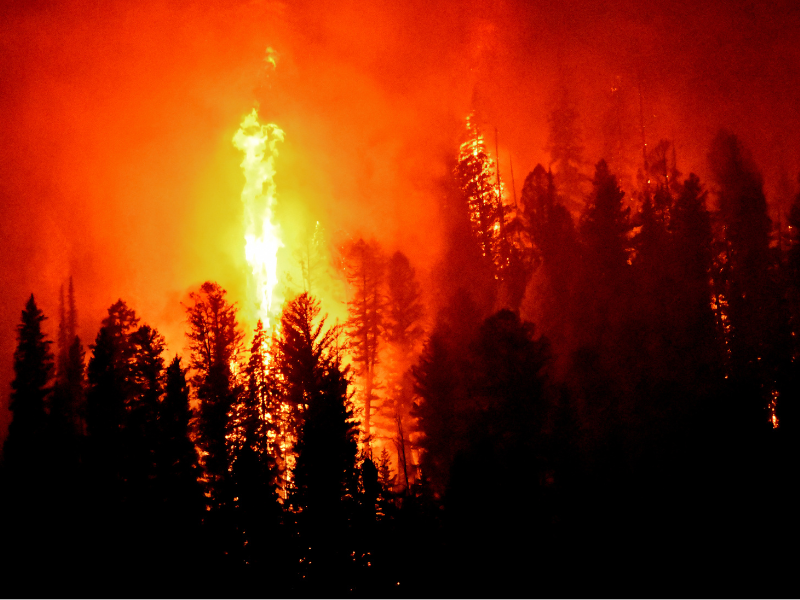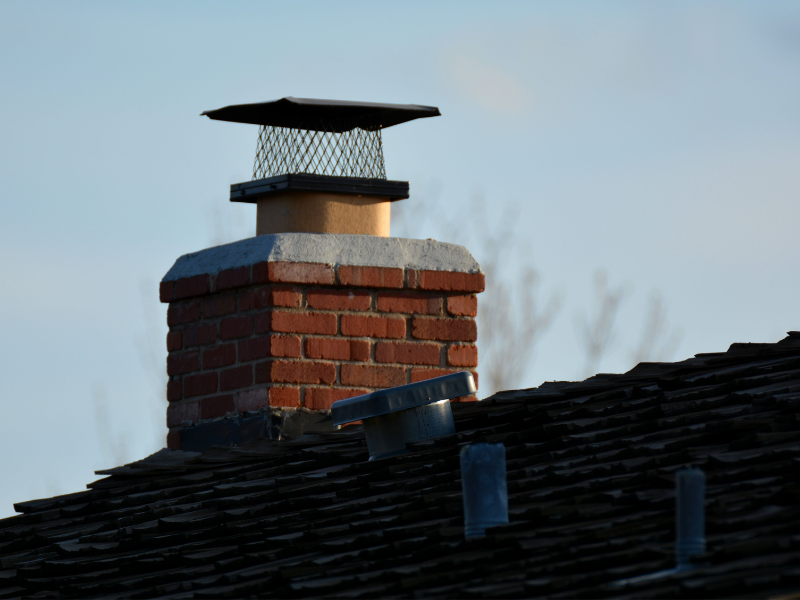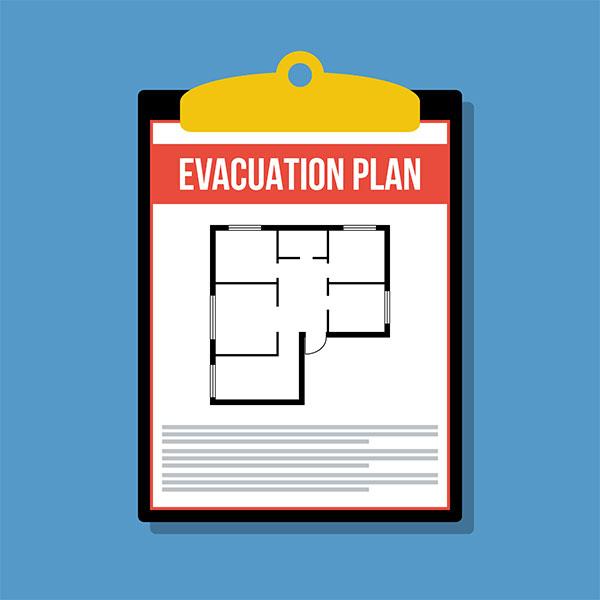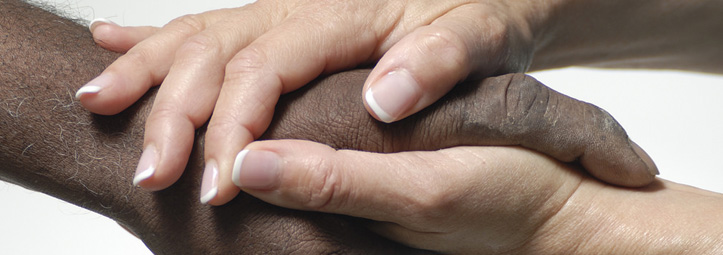As temperatures rise and the ground dries, wildfire risks increase. Follow these essential steps to prepare your home, protect your family, and respond effectively during wildfire season.
What to Do Before a Wildfire
Taking proactive steps to safeguard your home can reduce the risk of wildfires affecting your property and loved ones.

- Create a Safe Zone Around Your Home: Clear dead plants, debris, and trash from your yard. Remove vines and vegetation from the sides of your house, and ensure no tree branches or shrubs are within 15 feet of chimneys and stovepipes.
- Use Fire-Resistant Siding: Homes with siding materials like stucco, brick, cement, metal, or stone are less vulnerable to fire. If you have wood siding, apply fire-retardant chemicals regularly.
- Prepare Vents and Chimneys: Cover vents with mesh wire to prevent debris from drying out inside. Install spark arresters on chimneys to stop sparks from escaping and igniting nearby areas.
- Have an Emergency Plan: Develop and practice a fire escape plan with your family at least twice a year. Decide on a meeting location outside the home.
- Consider Home Location: If building or remodeling, avoid constructing homes on hillsides where wildfires spread quickly uphill.
- Choose Fire-Resistant Roofing: Avoid wooden or combustible roofing materials. Opt for fire-retardant options like metal, fiberglass, or clay tiles. Keep gutters clean of debris.
- Protect Wooden Decks: Treat wooden decks with fire-retardant chemicals. Regularly clear leaves, trash, and other flammable materials, especially during dry seasons.
What to Do During a Wildfire
If a wildfire approaches your home, follow these essential steps to protect your property and ensure your safety. Remember, these actions do not guarantee that your home will remain unaffected.
- Prepare an Evacuation Kit: Have a grab-and-go emergency kit ready with water, food, essential documents, and other supplies to leave quickly during a mandatory evacuation.
- Shut Off Utilities: Turn off natural gas, propane, and fuel supplies to reduce fire risks.
- Close All Openings: Shut doors, windows, chimneys, and vents to prevent sparks from entering your home. Minimize drafts that could fan flames.
- Clear Your Defensive Zone: Ensure the 30-foot area around your home is clear of debris, woodpiles, and vegetation. Move flammable items farther from the structure.
- Prepare for Evacuation: Load your car with emergency kits, documents, pets, and essential items. Turn on a light in each room to help firefighters identify smoke inside. Leave doors unlocked but closed.
What to Do After a Wildfire
Once the wildfire has passed, remain vigilant to prevent lingering sparks or embers from reigniting fires on your property.

- Check the Roof: Inspect your roof for any remaining sparks or embers that could cause a new fire.
- Get Help if Needed: If your house has caught fire, seek immediate assistance to contain and extinguish it. Coordinate with neighbors and local authorities for support.
- Monitor for Sparks: For up to 5 hours after the fire, regularly inspect each room in your home, especially near doors, windows, and vents. Check outdoor vegetation and other flammable materials for remaining sparks.













